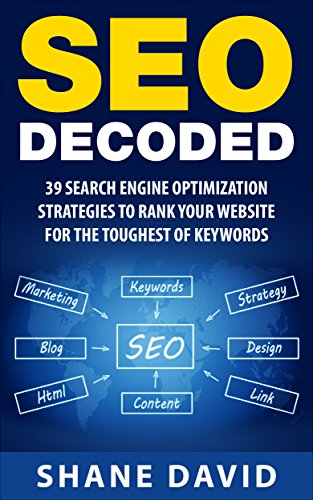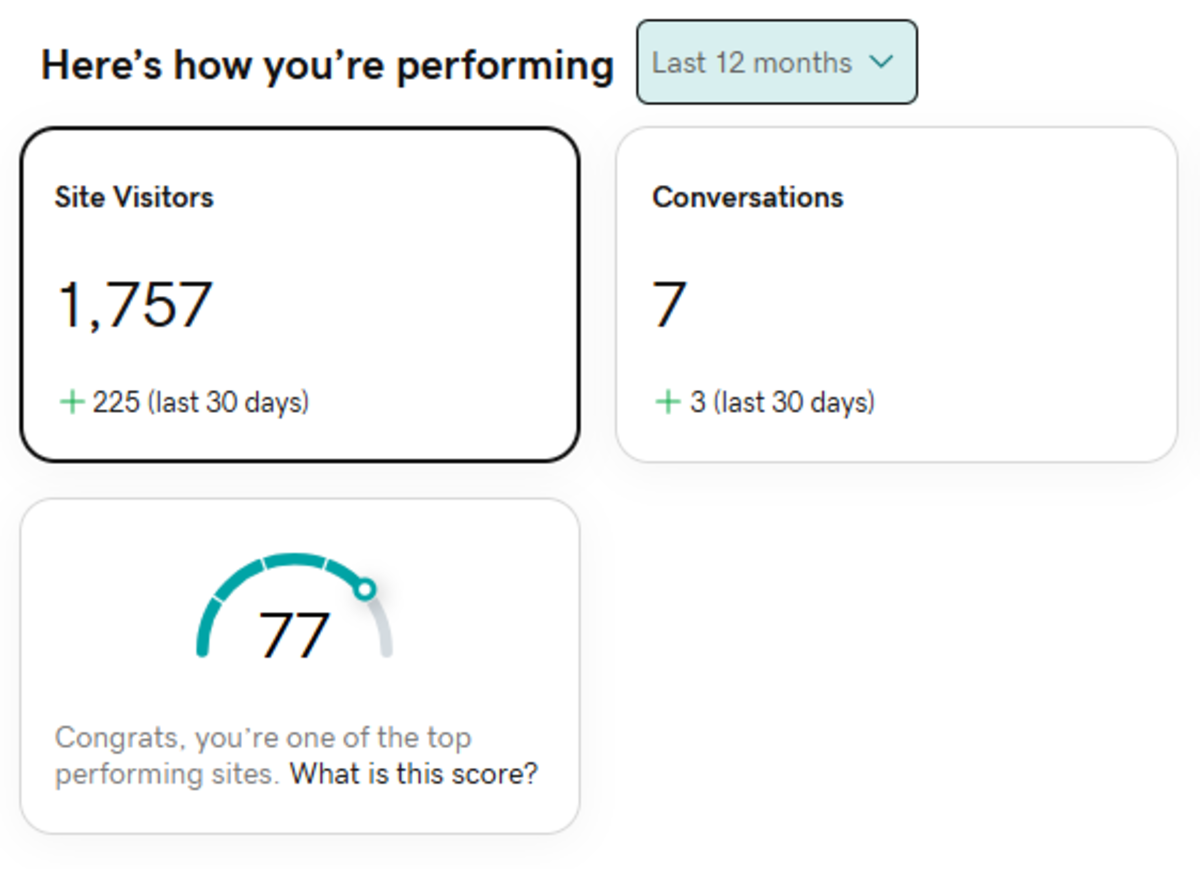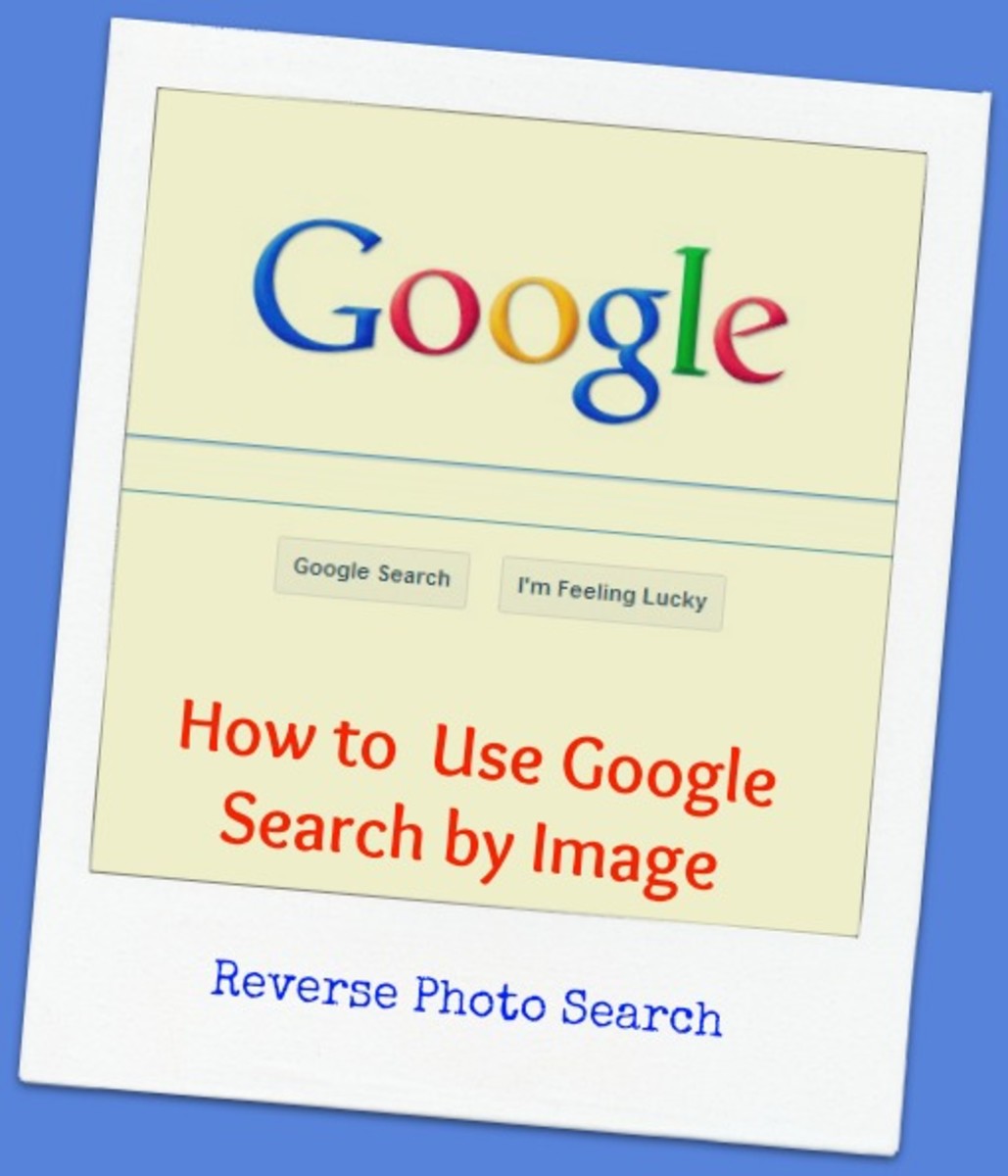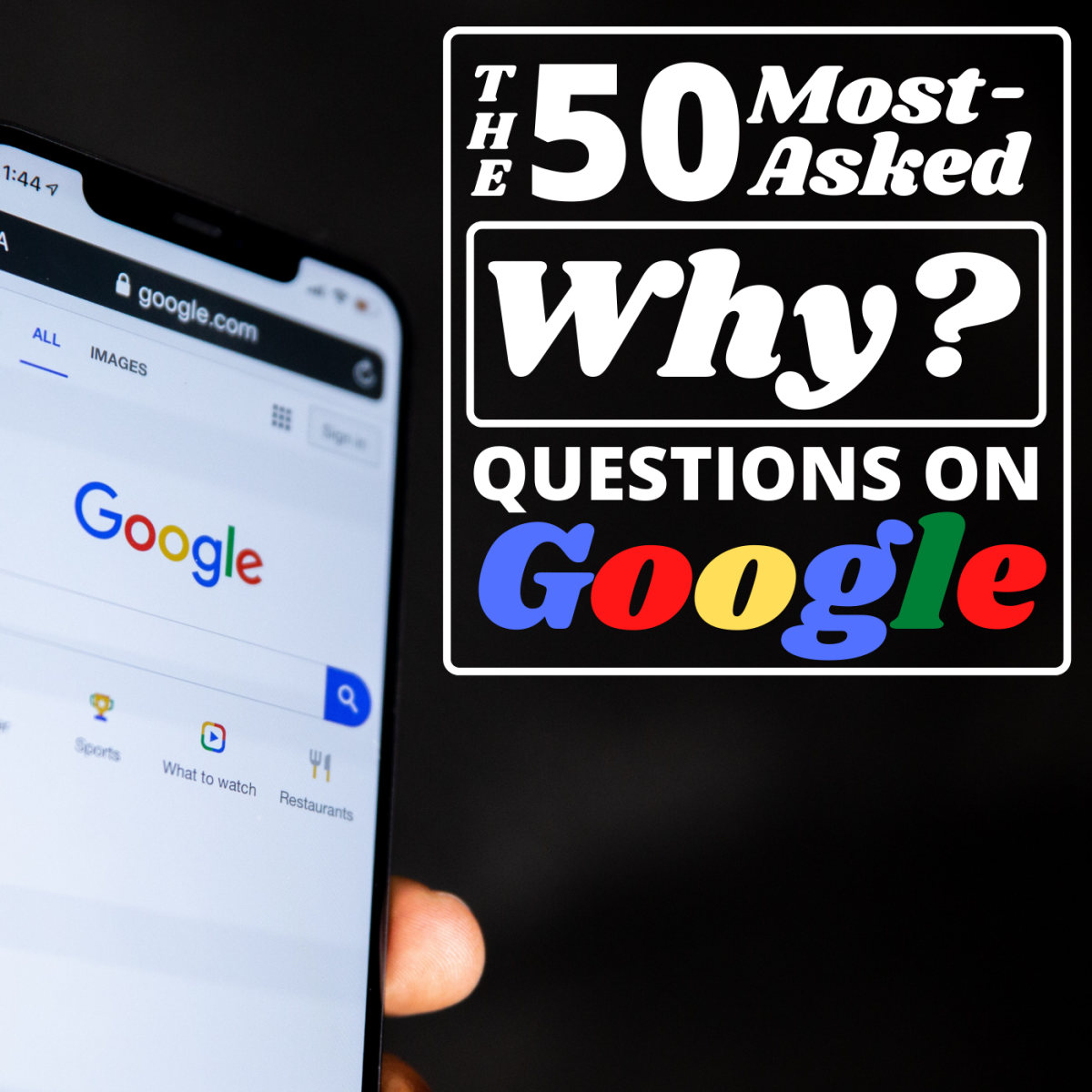Choosing The Best Keywords for Your Website
Keywords are essential to getting traffic via search engines to your website. It helps Google, Bing, Yahoo, and others to know what your site is about. If a searchers searches for that keyword then the search engines will bring the information to the searcher. If, it matches the keywords on your website then, it will display that site. When it comes to keywords people, sometimes get confused or are not sure what to do with them. Let’s take a look at what you need to know about getting the best keywords for your website.

Do you do proper keyword research for your content?
What exactly is a keyword?
Keywords are phrases or words people type into the search engine. For example, if I am searching for information on cats. I can type the word cat into the search engine, and it will bring back the most relevant searches to the word “cat.” Now I can narrow down that term if I want to know something more specific about cats. For example, I can search “healthy cat food” and it will bring p websites that pertain to that information. These are all examples of keywords that people use to search for information.
Most keywords that people use are more than one word. Many people know that just using one word is pretty pointless because it brings back millions of different options. So, key phrases are another thing to think about when you are searching for the perfect keywords for your company.
How to Find Keywords?
The idea of getting the best keywords is to get inside the head of the search engine user. To figure out what they are going to search for can help you isolate those types of searches related to your business. Use your business models core terms. For example, if you sell real estate a couple of good terms would be for sale (city). Also, possible real estate (neighborhood name). Really narrow down the terms specifically for the most targeted results that you are trying to achieve.
There are many free tools out there that you can use to help you find the best keywords for your websites.
Google Keyword Tool – Is by far the most effective. It provides an endless possibility when it comes to narrowing down a list of keywords for your website. It provides detailed information on the types of keywords that any niche is searching for.
Google Trend- is another free service offered by Google that helps identify the hottest keywords being searched for in any given time frame. It also has the ability to predict on exactly how those keywords are going to be searched for in the future.
Other keyword tools- You do not necessarily need to use Google for your research there are hundreds of different tools that provide more or less the same information and maybe more. However, always use the research tool to get the best that you can.
What Keywords To Use Where On Your Website
There are several groups of keywords that you want to keep in mind when choosing the best ones for your website. Most likely you will have some from each group in a mix. Usually right around ten keywords from each group are going to get you decent coverage for your website.
The Main Keyword – The main keyword for your site is the one that over all describes your site. For example, if my site is about dog and training then I may have a main keyword of “dog training” This is going to be the hardest keyword to rank in but with the supplemental keywords and phrases I use it will help support my main keyword of “dog training.”
Related High Search Volume Terms – So, once you have a list of keywords that describe your site you want to choose some supplemental ones that are related to your site to support your main keyword. For example, my main keyword is “dog training,” so I would choose things to complement that keyword. “Train pitbulls” “choke chain training” “dog classes” dog tricks” etc. These are just examples, but you get the idea of how they supplement the main keyword.
Long Tail Keywords – Once you have the main keyword and supplemental keywords for your website then it’s time to choose your long tail keywords. These long tail keywords are the phrases that people would use to search. For Example, “how to train a puppy,” “dog training techniques” how to keep a dog from wetting in the house” There are probably thousands of the long tail keywords out there that you can use. So, use one in an article then go to the next one. It will give you an endless array of available things to help you create content and keep your blog or website fresh.
- What Every Website Owner Should know about Keywords
When it comes to keywords, how do you know you are choosing the best keywords for your website? - Important Keywords Tips to Boost Website Optimization
SEO is very important to use and learn to promote your website. The more optimization that you do for your website the better your rankings will be. Here, are some timps to help you boost your website optimization - Niche Keyword Selection: How to Brainstorm
Finding your niche markets does not have to be a hard process. There are many tings that you can use to help you narrow down your choices and choose the right niches and keywords lets explore some of the common brin storming ideas for niche keyword s - How to Find a Niche to Start an Online Business
Finding the right niche for your business is the difference between a successful business and a not so successful business. These 7 essential tips to finding a niche market can help skyrocket your business.









